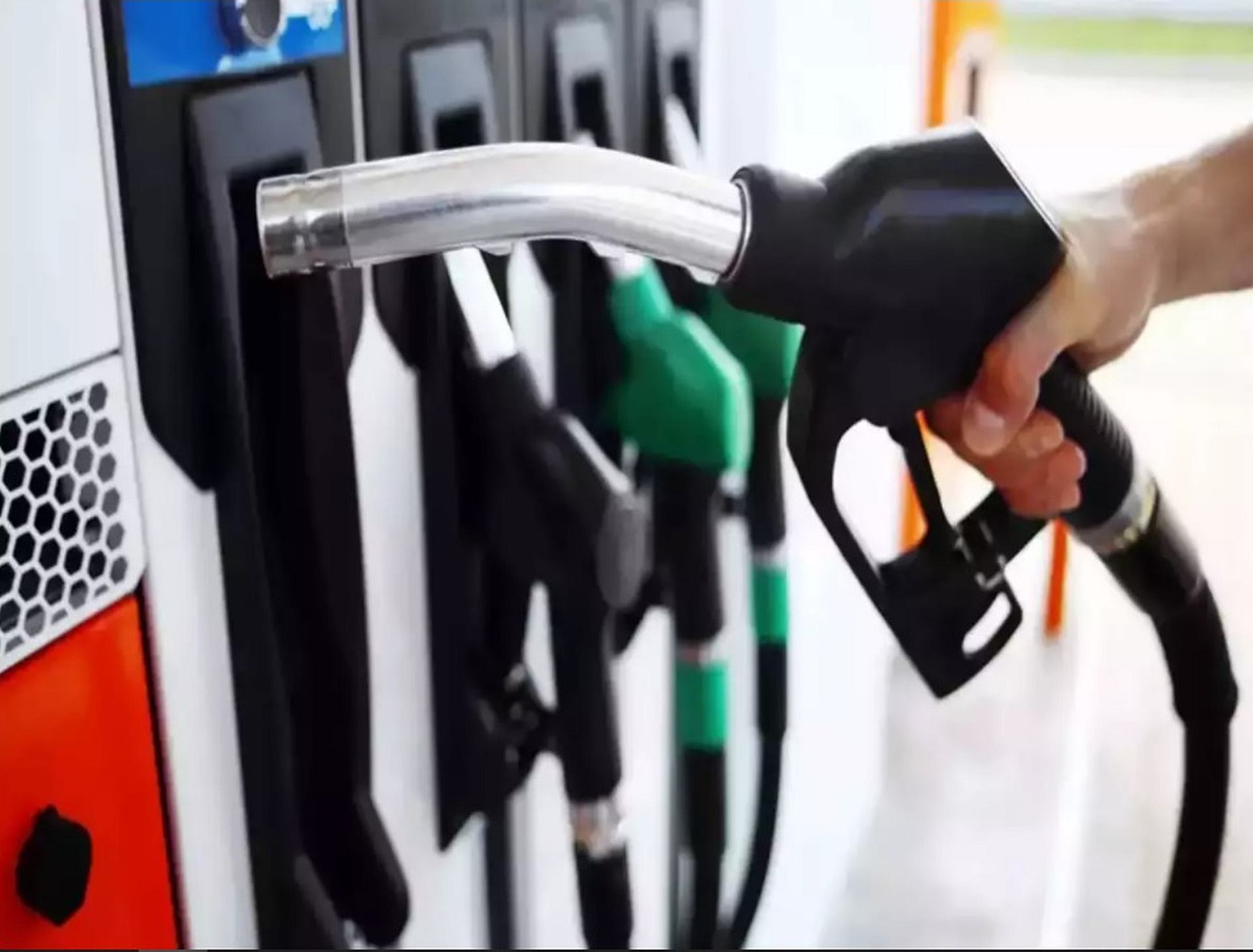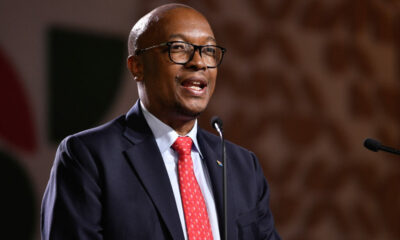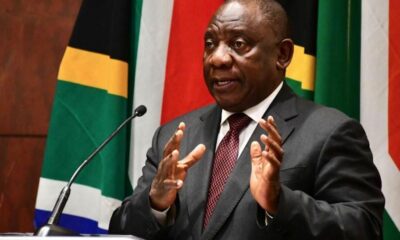News
A welcome break for your wallet, even with a tax hike around the corner.

Just when it felt like the cost of living couldn’t get any tighter, there’s a small but welcome break coming for South African drivers. Starting next week, petrol and diesel prices are expected to drop — despite a looming tax hike. Yes, you read that right.
While Finance Minister Enoch Godongwana’s recent budget announcement included an increase in the General Fuel Levy — the first in three years — there’s still enough positive movement in market factors to offer some relief at the pump.
Let’s Talk Numbers
According to the latest data from the Central Energy Fund (CEF), there’s been an over-recovery in fuel prices at month-end. In plain terms, this means that the predicted decreases in global oil prices and a somewhat stable rand are offsetting the planned tax hikes.
Here’s how the numbers break down after accounting for the new levies taking effect on 4 June:
-
Petrol 93 & 95: down by 4 cents per litre
-
Diesel (both grades): down by 37 cents per litre
-
Paraffin: also expected to drop, although official confirmation is pending
These may not sound like massive savings, but considering the General Fuel Levy alone is increasing by 15 to 16 cents per litre, it’s a small win at a time when every cent counts.
Why Prices Are Falling Despite Higher Taxes
The upcoming levy increases are part of a broader strategy to avoid a VAT hike, which would have hit South Africans across the board. Petrol and diesel levies are now pegged at R4.01/l and R3.85/l respectively. However, thanks to a combination of lower oil prices and a rand that has been holding steady against the dollar, fuel prices are still set to drop.
Oil markets have cooled off considerably in 2025. Prices are down roughly 15% since January, partly due to global oversupply concerns. Meanwhile, the rand has been trading just under R18 to the dollar — not because it’s gaining strength, but largely because the dollar is weakening globally.
All of this contributes to a fuel pricing environment that, while still unpredictable, is currently leaning in favour of South African consumers.
What It Means for You
Lower fuel prices, even by a few cents, are more than just a relief at the filling station. They play a crucial role in keeping inflation under control. In fact, the South African Reserve Bank (SARB) recently pointed out that falling fuel costs have helped push inflation below its target range — giving it room to cut interest rates by 25 basis points this week.
For everyday South Africans, this could mean slightly lower costs for food transport, commuting, and logistics — small domino effects that help ease broader economic pressure.
The Bigger Picture
Of course, things can still change. Oil prices remain vulnerable to global political tensions, trade disputes, and unpredictable supply shifts. The rand, too, continues to dance to the rhythm of global currency movements. But for now, it seems like South Africa has caught a break — even if it’s a brief one.
So, What Should You Do?
If your tank is running low, it might be worth holding off just a few more days. The Department of Petroleum and Mineral Resources will confirm the official price adjustments soon, with the new rates kicking in on Wednesday, 4 June.
Keep an eye on your local station’s boards and plan accordingly — because while we can’t control global oil markets, we can time our next fill-up just right.
{Source: BusinessTech}
Follow Joburg ETC on Facebook, Twitter , TikTok and Instagram
For more News in Johannesburg, visit joburgetc.com



























